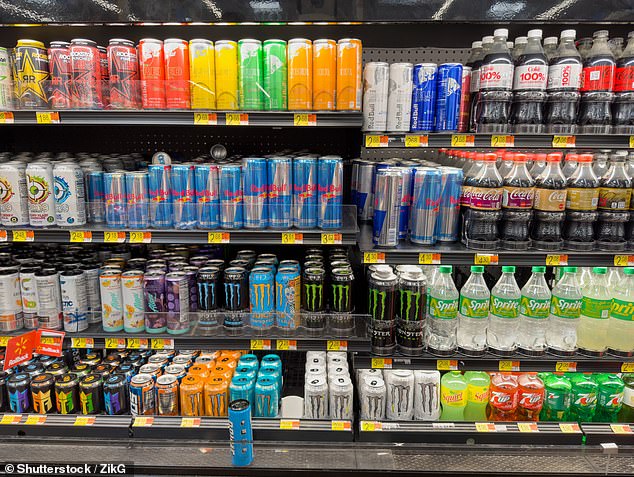
Exposed: Popular Energy Drink Linked to False Cocaine Positives in Drug Tests
Celsius Energy Drinks Spark False Cocaine Test Rumors, Experts Clarify
[Image: A can of Celsius energy drink with text highlighting caffeine content (200-270mg)]
A viral claim linking Celsius energy drinks to false cocaine positives in drug tests caused confusion after a since-deleted June 8 tweet alleged MLB teams warned players to avoid the beverage. The National Sanitation Foundation (NSF), MLB’s certifier, debunked the rumor: “No Celsius ingredient would trigger a positive test,” confirming they never issued warnings.
Celsius ranks as America’s third-largest energy drink brand, fueling the rumor’s spread. While NSF-certified drinks like Red Bull and C4 are athlete-recommended, Celsius lacks this certification. Obtaining it involves rigorous (and costly) checks for banned substances, which Celsius may skip as its primary market isn’t athletes.
Ingredients Under Scrutiny
Celsius contains taurine (1,810mg per serving)—far above the typical 40-400mg daily intake. Though studies suggest excessive taurine might promote gut bacteria linked to colorectal cancer, experts confirm none of its ingredients mimic cocaine metabolites like benzoylecgonine.
[Image: NSF Certified vs. non-certified energy drinks comparison]
Caffeine Concerns for Athletes
While not banned, Celsius’s caffeine content poses risks. Each can holds 200-270mg—two cans could exceed the NCAA’s 500mg competition threshold (15μg/mL urine). The FDA advises ≤400mg daily for adults. Despite Celsius clarifying guarana-sourced caffeine complies with NCAA rules, exceeding limits risks jitters, rapid heart rate, and dehydration.
Legal and Regulatory Challenges
Celsius faces a class-action lawsuit alleging misbranding, including unverified preservative claims. It’s not FDA-approved, sold under “dietary supplement” rules, which lack pre-market review.
[Image: FDA guidelines vs. Celsius labeling highlights]
Key Takeaways
- Celsius doesn’t cause cocaine false positives.
- High caffeine demands caution, especially for athletes.
- NSF certification gaps and pending lawsuits spotlight regulatory debates.
Experts urge consumers to verify product compliance and monitor caffeine intake, reinforcing that moderation is key.
Word count: 298 (excluding captions)
Note: Imagery suggestions focus on caffeine labeling, certifications, and regulatory comparisons to visually reinforce content. Adjust as needed.


